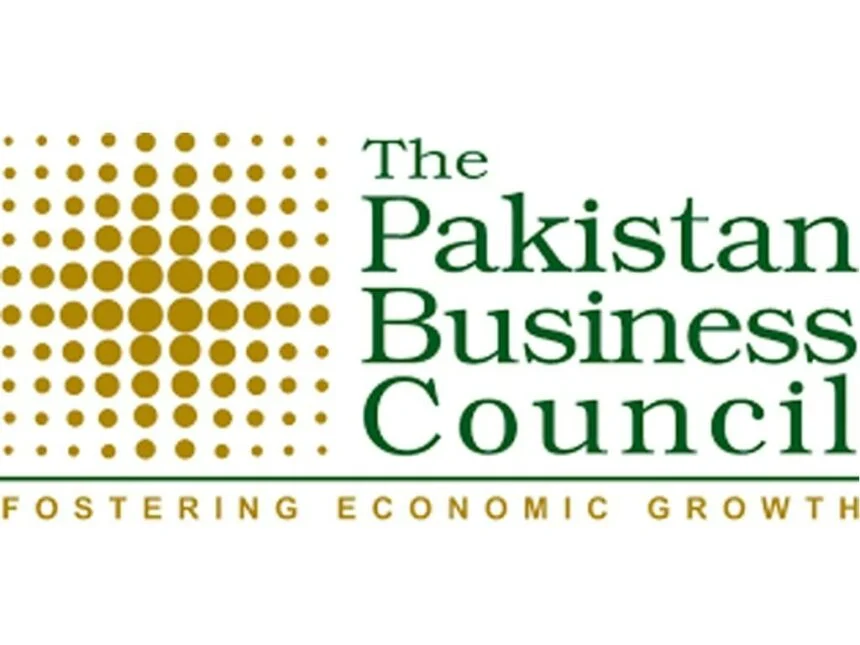Cash-strapped The declining foreign exchange reserves, which were at a historically low level, had a significant impact on Pakistan. The leading private-sector advocacy group in Pakistan, Pakistan Business Council (PBS), highlighted the necessity to ensure urgent liquidity by accelerating or increasing the current IMF programme by taking the impact of floods into account to address this conundrum.
Council has accepted that, even though the IMF programme is crucial for regaining the confidence of friendly nations to offer aid, it is insufficient on its own to meet debt commitments without major restructuring and does not leave enough room for implementing fundamental reforms.
$23 billion will be needed to service Pakistan’s external debt in 2022–2023. A total of $6 billion has been repaid, and $4 billion has been rolled over, leaving the nation with a $13 billion funding imbalance.
Due to this, the organisation also requested that the government approach China, the Paris Club, and other bilateral and multilateral lenders to cancel the principal and interest on the country’s debt.
“We recommend Pakistan, like other debt-distressed countries, obtains professional advice from sovereign debt advisors on restructuring and extending the debt payment terms and the cost of servicing it,” PBC asserted.
The PBC demanded that the method used to divide financial resources between the federal and provincial governments—the 7th National Finance Commission Award—be renegotiated.
The current allocation is significantly weighted in favour of the provinces, leaving the federal government with little fiscal room after debt payments and annual defence expenditures.
The requirement for debt waivers is becoming more widely acknowledged. By restructuring non-commercial foreign debts, extending the present programme, or negotiating a new one with the IMF, you can buy time for essential reforms.
Additionally, rather than downplaying the potential of default, the government should make it obvious to the populace how serious the economic crisis is. Islamabad should use strong communication to encourage the populace to practise energy conservation to address these issues.
Govt should focus on increasing IT exports
Given the continuous decline in demand for conventional items like textiles, the PBC advises that the government concentrate on boosting the export of services like IT.
By providing refunds to IT developers, the government can incentivize them to transfer their foreign exchange profits through authorised channels, adding an extra $2.5 billion in annual inflows.
According to the PBC, reducing the difference between the official and unofficial dollar values will stop the fall in remittances, which is estimated to be $350 million per month or $4.2 billion annually.
PBC recommends a reduction in working days
The PBC advised the government to switch to a four-day work week with a day off from the office. This action will reduce the demand for energy by 10% and for petroleum by 10%–12% when combined with early market closures.












